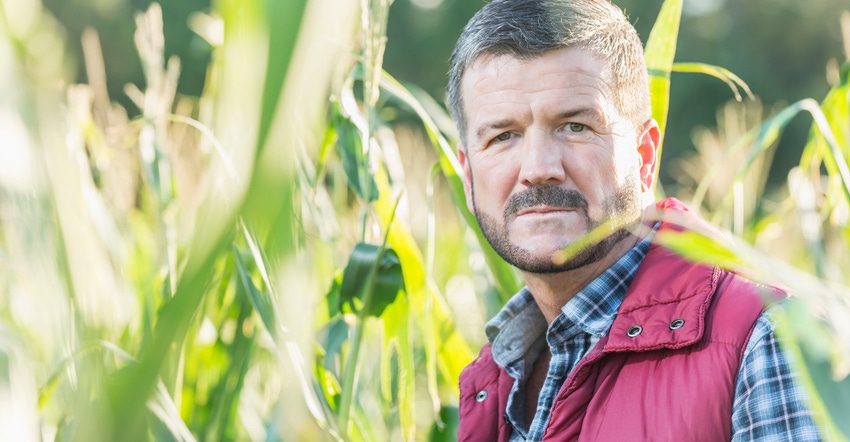September 30, 2019

Harvest is approaching, and Nebraska farmers have been dealing with a bizarre mix of heat and moisture this fall. After a year chock-full of flooding, blizzards, hail, winds and other extreme weather — not to mention low commodity prices and high property taxes — it may seem hard to be grateful for much of anything.
It's been a rough year, and mental health in farm country has been a big topic of discussion lately. It's something we brought up several times on the Hospitality Tent stage at Husker Harvest Days, and several organizations focused on rural mental health occupied the Hospitality Tent.
And while it may seem hard during a year like this, studies have shown time and again that gratitude can help improve your mental health. Some studies also have shown keeping a gratitude journal can improve overall mental well-being. Gratitude also has been shown to promote "pro-social" behavior, helping to build relationships and act in ways that benefit others.
Perhaps most relevant to the current ag economic environment, research suggests gratitude helps us get through hard times as well. University of California Berkeley's Robert Emmons, considered one of the world's leading experts on gratitude, has said that being grateful and feeling grateful are two different things — we can't force ourselves to feel grateful when going through economic hardships or those caused by Mother Nature.
However, being grateful — maintaining an attitude of gratefulness despite the extreme highs and lows — is a choice, Emmons has pointed out. In some cases, this can mean remembering the hard times when times are good, to not take the good for granted and reframing negative experiences in a more meaningful way.
Emmons also notes a strategy in accounting for the lessons learned from bad experiences: What did they teach you? How did they move you closer to the person you want to be?
At the time I’m writing this, it's hard to say how this year's harvest will turn out. By November, however, you'll hopefully have a better idea on final yield numbers for your own farm. Still, it's worth noting that as of Sept. 17, University of Nebraska-Lincoln crop models have forecasted near- or above-average yields for both rainfed and irrigated corn in most parts of the Corn Belt.
By the time this article hits mailboxes in the November print issue of Nebraska Farmer, Thanksgiving and the holiday season won't be far around the corner. And this Thanksgiving, it's all the more worthwhile to consider how a grateful mindset may be beneficial.
However, this doesn't mean denying negative experiences, or to simply "chin up" and carry on with a fake smile and fake positivity. Maybe this means taking away a valuable learning experience from the situation, or it may mean reevaluating what's important to you that you've taken for granted.
To be frank, simply seeing the first combines rolling in the field this year was enough to fill me with gratitude that the troubles of the 2019 cropping season are almost over — and I think many farmers can relate.
In a year like this, feeling grateful can be a difficult thing, but I've tried to keep in mind the words of Texas singer-songwriter Ray Wylie Hubbard: "The days I keep my gratitude higher than my expectations, I have really good days."
You May Also Like




